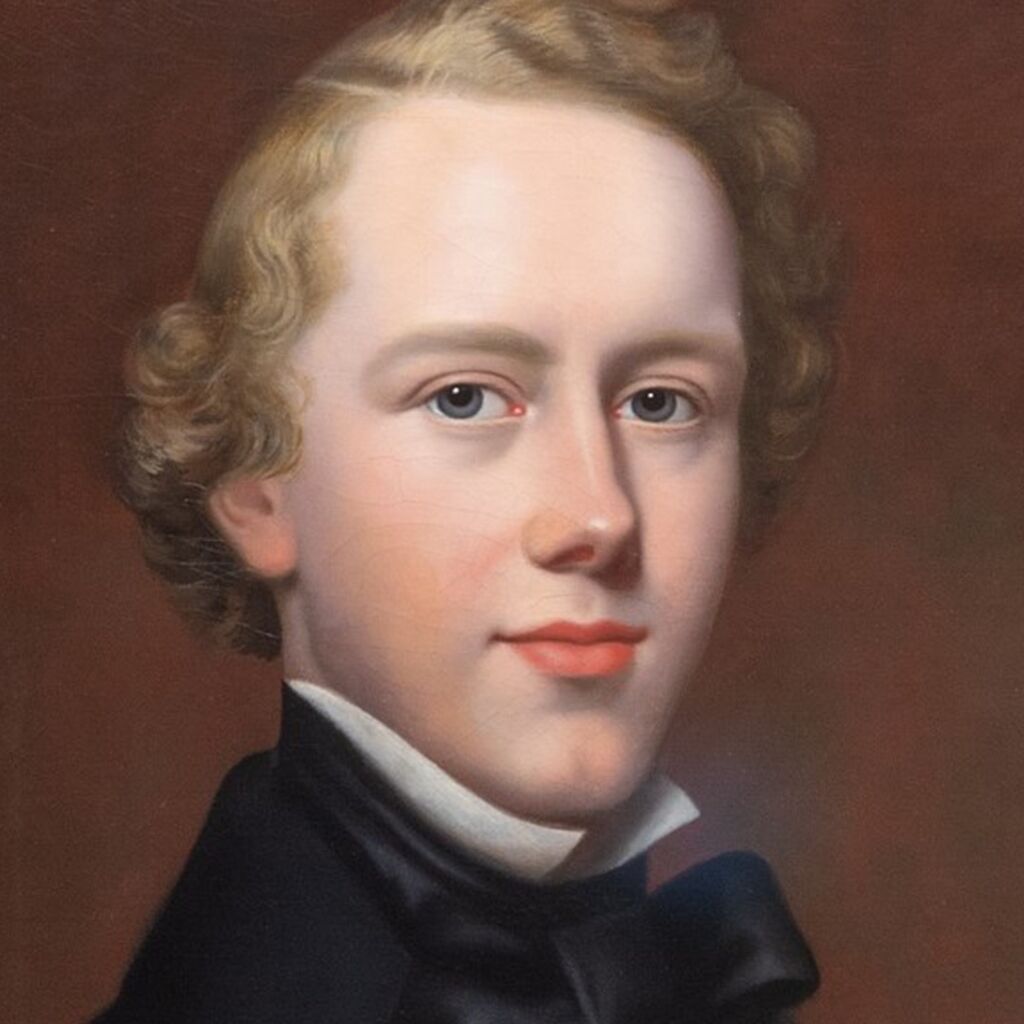“Hudson Taylor was wracked with doubt: he worried about sending men and women unprotected into the interior; at the same time, he despaired for the millions of Chinese who were dying without the hope of the gospel. In 1865 he wrote in his diary, ‘For two or three months, intense conflict … I thought I should lose my mind.’”
Hudson Taylor, having served for a few years in China, had returned to the UK burdened by these two challenges arising from his call to cross-cultural mission. They were sufficient for that apostle amongst missionaries to comment, “I thought I should lose my mind!”
The first burden was the needs of those who had never heard the gospel of the Lord Jesus Christ. Had not God’s word spoken of the need to reach “every tribe and tongue and people and nation” (Rev 5:9)? Around that time he wrote: “Can all the Christians in England sit still with folded arms while these multitudes are perishing — perishing for lack of knowledge — for lack of that knowledge which England possesses so richly?”
The second burden was the weight of responsibility involved in asking other men and women to join him in that missionary task, knowing that some might even lose their lives in the endeavour. That was a reality indeed in the years to come. During the Boxer Rebellion in 1900 Taylor’s mission agency suffered more than any other mission in China – 58 missionaries and 21 children were killed.
History records that as Hudson Taylor wrestled with these two burdens, a friend invited him to the south coast of England, to Brighton, for a break. During that time, Hudson Taylor attended a large church. But he walked out of the service before it finished. He later wrote: “On Sunday, June 25 1865, unable to bear the sight of a congregation of 1000 or more Christian people rejoicing in their own security while millions were perishing for lack of knowledge, I wandered out on the sands alone in great spiritual agony and there the Lord conquered my unbelief, and I surrendered myself to God for this service. I told Him that all responsibility as to the issues and consequences must rest with Him. That as His servant, it was mine to obey and to follow Him, His to direct to care for and to guide me and those who might labour with me. Need I say that peace at once flowed into my burdened heart. There and then, I asked Him for 24 fellow workers, two for each of the 11 inland provinces which were without a missionary and two for Mongolia. And writing the petition on the margin in the Bible I had with me, I returned home with a heart enjoying rest such as I have been stranger to for months.”
This was not simply a spiritual experience for Taylor. Out of that encounter with the Lord, Taylor moved forward, taking responsibility for leading others to leave the UK to reach China with the Gospel. Taylor, his family and sixteen missionaries set out on 26 May 1866. It was the birth of the China Inland Mission. Taylor spent 54 years in China. “The society that he began was responsible for bringing over 800 missionaries to the country. They started 125 schools and directly resulted in 20,000 Christian conversions, as well as the establishment of more than 300 stations of work with more than 499 local helpers in all eighteen provinces” (Wikipedia).
Do we today not face the same challenge as Hudson Taylor faced? Can we recapture his vision? Taylor once said: “If I had a thousand pounds China should have it; if I had a thousand lives, China should have them. No! Not China, but Christ. Can we do too much for Him? Can we do enough for such a precious Saviour?” Is there a place for us today to find our own Brighton Beach encounter? Will we go, not just to China but to many other lands, because we also cry out “unable to bear the sight of a congregation of 1000 or more Christian people rejoicing in their own security while millions are perishing for lack of knowledge”?
FieldPartner works to answer Hudson Taylor’s second burden, the preparation of those who go. There are great improvements in that field. How encouraging to interview a Taiwanese sister this week who went out with Operation Mobilisation and was given thorough mission training before she went! But is she the exception rather than the rule? We may worry less than Hudson Taylor in some cases “about sending men and women unprotected into the interior”, but shouldn’t we worry “about sending men and women untrained in cross-cultural mission into the interior”?
Much has changed since Hudson Taylor’s day. Those who go may be from different nations, praise the Lord for that. But how many others are not in any way challenged to go? And how many who do respond are not well prepared and trained before they go?



